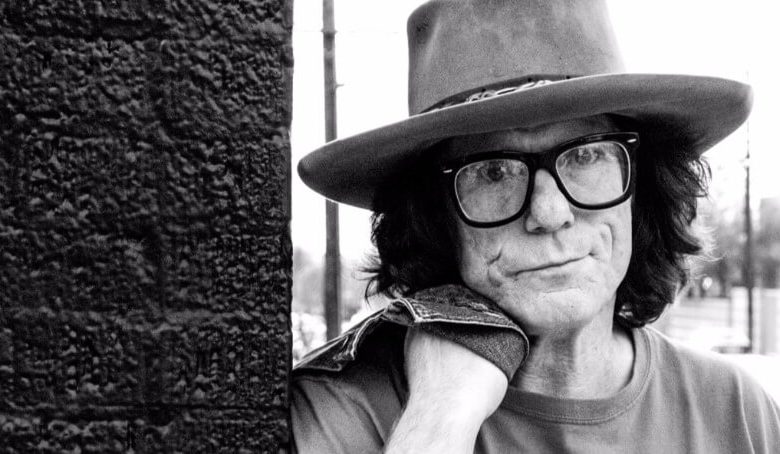‘Rehab Bob’ Offers Tough Love to Team Demi Lovato

Bob Forrest is never surprised to see how the entertainment world treats addiction. It saddens him all the same.
Consider Demi Lovato. The singer released a deeply personal documentary on YouTube last month. The special captured her music career and battles with both an eating disorder and addiction.
Only “Demi Lovato: Simply Complicated” also reveals the singer’s close ties to CAST Centers, a rehab facility. She got introduced to the program in 2011 as a patient and told CBS Sunday Morning last year she’s now the center’s co-owner.
“It just feels good!” she gushed about becoming connected to CAST Centers.
No, no no, says the man nicknamed “Rehab Bob.”
“She’s battling mental health and substance abuse problems, just beginning to deal with it, and she’s being a spokesperson for a rehab. Who on earth thinks that’s a good idea for this young woman?” Forrest says. “People who are newly sober shouldn’t be representing what recovery is.”
“I forget I’m dealing with Hollywood,” he adds with a laugh.
Learning the Hard Way
Forrest, an addiction counselor previously seen on VH1’s “Celebrity Rehab,” knows where stars like Lovato are coming from. His days as the lead singer for Thelonious Monster exposed him to L.A.’s underbelly and his own addiction demons.
It took 24 trips to rehab facilities before he took control of his life again. He later switched gears, counseling others who are suffering like he once did.
Since getting sober he’s served as the clinical director for Musicians Assistance Program/MusiCares. He also spent nearly a decade counseling at Las Encinas Hospital in Pasadena.
He isn’t surprised to learn of Lovato’s tight ties to the center.
“The business of recovery makes show business look like a philanthropic Catholic organization,” he says. That doesn’t mean he thinks recovering addicts shouldn’t work. Hardly.
“When I got sober working was good,” he says. “I don’t think sitting around contemplating your victimhood is good for anybody. Our society does too much of that.”
Today’s young stars must deal with the pressure of social media atop the usual concerns. Sure, Instagram makes promoting a new song a breeze. It also invites troubled souls to share just about everything online.
“Their whole lives are on display in a Kardashian world with a reality TV president,” he says. “[Demi Lovato] grew up in a world where that’s what you do.”
The idea of taking a promotional knee rarely occurs to them.
“When U2 or the Red Hot Chili Peppers aren’t making a record you don’t see them,” he says. “They have lives they live.”
Big Dollars, Big Trouble
Forrest does understand the temptations young stars face in our social media age.
“I counseled one of these kids years go … she had all these offers, [like one] to promote shoes on Twitter and they’d pay $50,000. If I was 19 and had access to that kind of thing,” he says, his voice trailing off.
And yet Forrest is amazed at one significant part of the Millennial generation, particularly stars who have battled addiction at one point in their lives.
“There’s some sort of survival instinct in these kids. It wasn’t there in my generation,” he says, name checking Britney Spears as someone now thriving after years of personal chaos.
Marijuana is another area that is getting more complicated in 2017, he says.
“I remember when I was a kid, I was chasing the stoner kids around the neighborhood. They’d tell me, ‘Bobby, you’re too young.’ That was 15-year-old boys saying that [to me],” he recalls, impressed that the teens would protect a younger lad from the drug. “What happened to that society?”
Forrest predicts pot will be legalized across the nation within a decade. The allure of taxing the substance, and the windfall to follow, will be too much for states to pass up.
“We have to get used to it,” he says.
